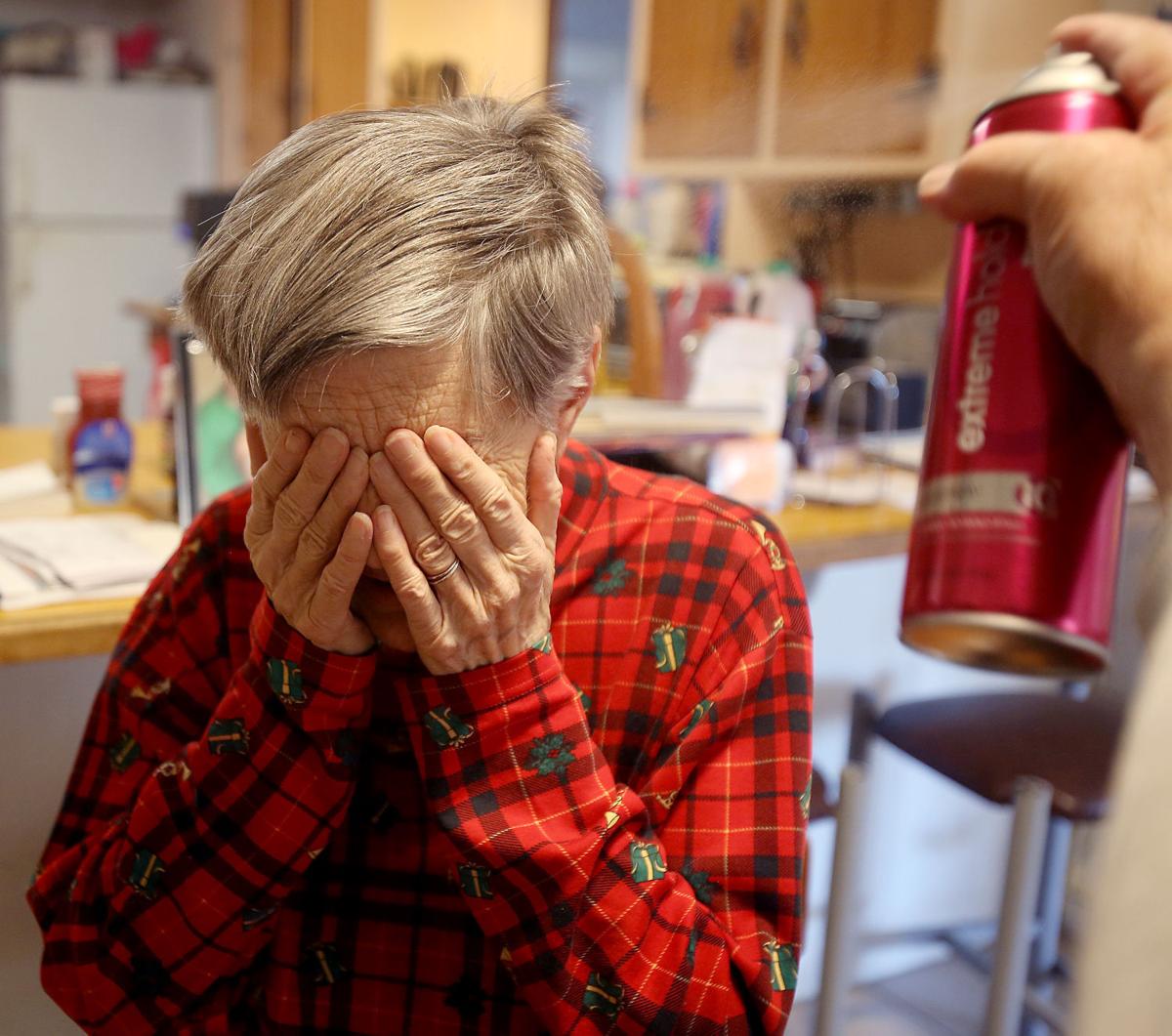I have known my wife, Joan, since we met in college, and over the years I’ve come to know pretty well her family life growing up. Incidentally, it was not that different from my own upbringing.
This knowledge often provides context for actions that are natural to her, but are strange and difficult to understand when viewed alone. Here’s an example:
After a couple of experiences with fecal incontinence it became necessary to clothe Joan in diapers. The obvious thing was to go to the drug store and get the disposable kind, so I did. They helped a great deal. At that time, she was able to dress without too much assistance.
However, a few days later I noticed that the container for the used diapers was empty, and I knew she had been changing them regularly. I asked where the soiled diapers were. The response: “I don’t want to throw them away. They were still good. I put them in the laundry.”
At that time in the progression of the disease, Joan displayed certain obsessions. One was an eagerness to do jobs she was still able to do, including the laundry. I felt she got satisfaction from that and urged her to continue.
The paper and plastic diapers got nice and clean after the wash cycle. Unfortunately, she moved them to the dryer. High heat, no less. The paper disintegrated and the plastic melted.
Messy had a new meaning.
Yes, messy for the other clothes, but apparently no real damage ... until a few days later when she complained that the dryer wasn’t working right!
I checked it out and noted that the blower did not seem to be functioning. I’m handy with fix-it stuff, so I removed the back of the dryer. There, completely plugging the exhaust tube, were hundreds and thousands of the little absorbent beads from the diapers. Tough to remove, but the dryer still works OK.
How can I explain her actions?
Well, her family were conservative Midwestern Scandinavians who took much care to get all possible use out of something before throwing it away. That value system does not disappear easily, even under the influence of Alzheimer’s.
Why not accept that value and carry on with a procedure that would incorporate it? Thus my solution was to buy washable cloth diapers. She can, and does, put the dirty ones in the laundry, dries them, and gladly reuses them! That solves things to everyone’s satisfaction, particularly hers.
This procedure worked for a while, but eventually quite a bit more was needed. I’ll elaborate later in this series in an installment on fecal incontinence.
This one rather humorous incident is indicative of much of the way Joan leads her daily life. She may have no memory of things she learned, but there is a kind of ingrained response that kicks in to show her confused mind how to react.





